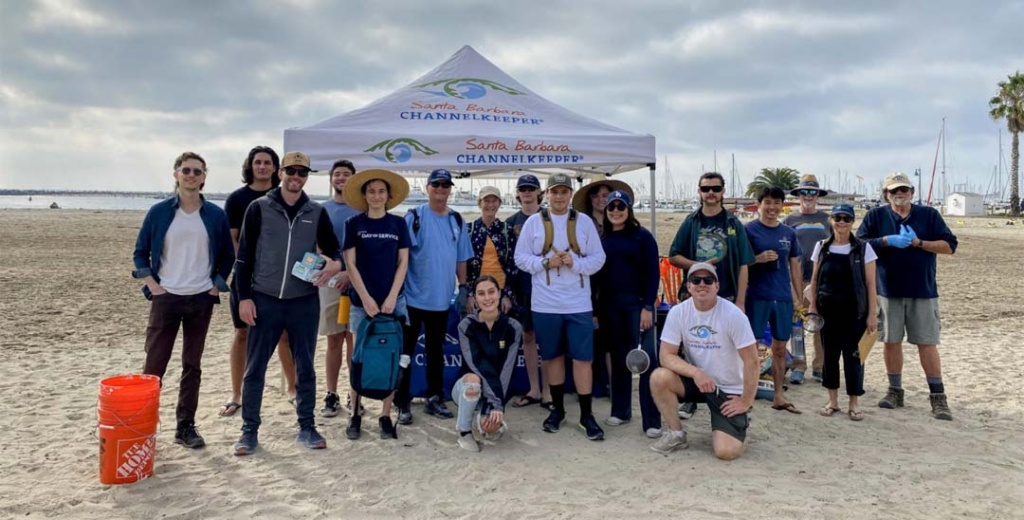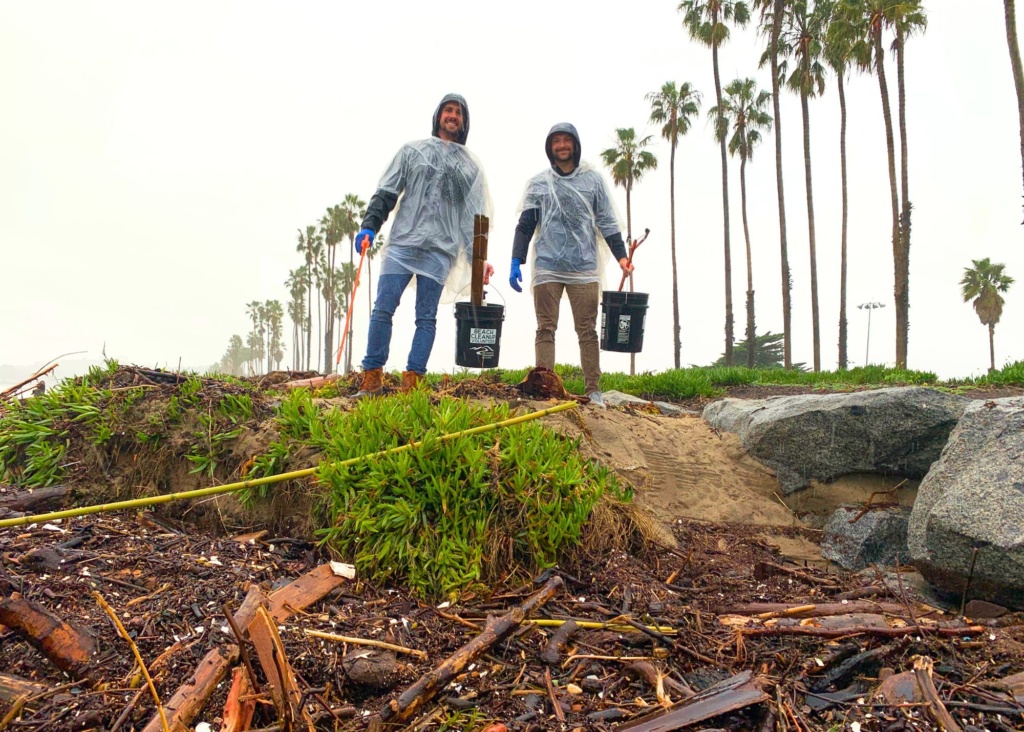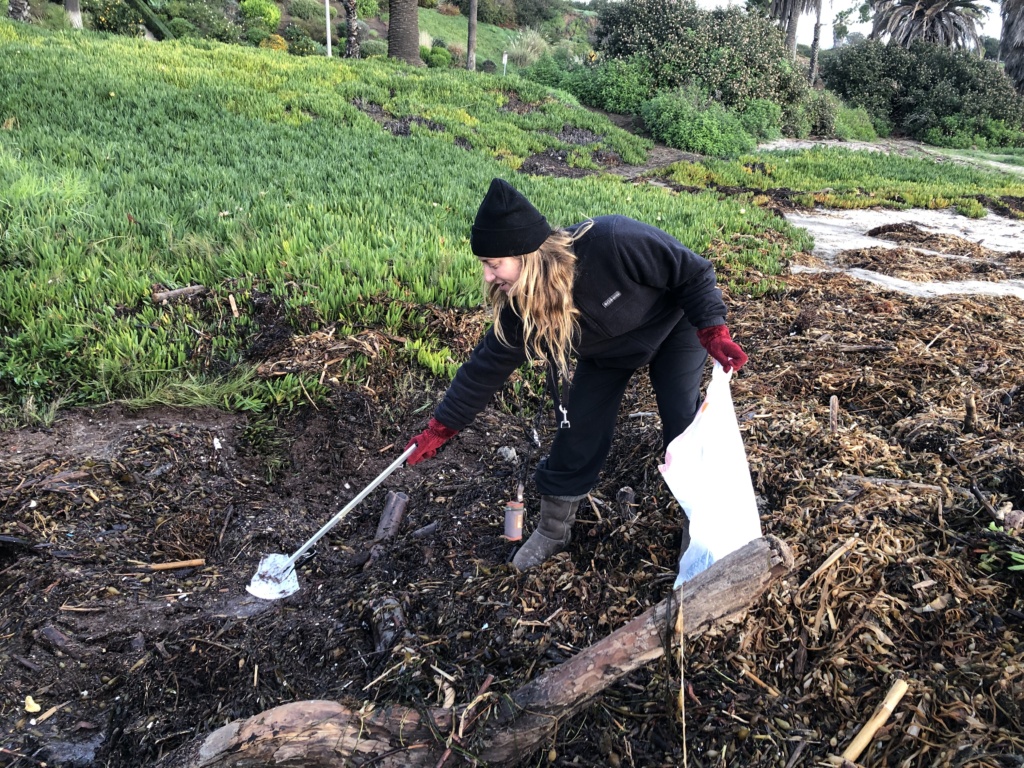Water pollution is a complex issue with far-reaching consequences for ecosystems, human health, and the planet as a whole. However, the good news is that each of us has the power to make a positive impact with everyday actions we take. Here’s a closer look at water pollution, its effects, and how you can contribute to a cleaner, healthier environment.
Understanding Water Pollution
Water is a universal solvent, able to dissolve more substances than any other liquid on Earth. While this is a positive attribute that allows it to dissolve minerals like sodium chloride for the world’s oceans and to transport nutrients in our blood, it also means that water can easily become polluted when toxins are introduced.
Water pollution occurs when harmful substances contaminate waterways like rivers, streams, lakes, and oceans, making them unsafe for consumption and damaging aquatic life. This pollution can come from various sources:
- Industrial Discharges: Factories and industrial plants can release pollutants into rivers and lakes through direct discharge or stormwater systems.
- Agricultural Pollution: Pesticides and fertilizers used in farming can wash into waterways, introducing harmful chemicals and excess nutrients.
- Sewage and Wastewater: Inadequate treatment of sewage and wastewater can introduce pathogens and pollutants into water systems.
- Stormwater Pollution: Chemicals, oil, grease, and nutrients can drain into municipal stormdrains and eventually local waterways
- Plastic Pollution: Single-use plastics and other debris can end up in oceans and rivers, causing harm to wildlife and ecosystems.
- Oil Spills: Accidental spills from ships and pipelines release harmful chemicals into the water, devastating aquatic environments.
The Impact of Water Pollution
The consequences of water pollution are severe:
- Health Risks: Contaminated water can carry diseases and toxins, leading to serious health issues for humans, including gastrointestinal problems, neurological disorders, and even cancer.
- Ecosystem Damage: Pollutants can disrupt aquatic ecosystems, harming fish, plants, and other wildlife. This disruption can lead to the collapse of local ecosystems and biodiversity loss.
- Economic Costs: Cleanup efforts, healthcare costs, and loss of recreational opportunities due to polluted water can have substantial economic impacts on communities.
Local Efforts to Prevent Water Pollution
Protecting water quality in the Santa Barbara Channel is at the core of Channelkeeper’s work to ensure that our community has access to clean, drinkable, swimmable, fishable water. To that effect, Channelkeeper monitors and advocates to protect water quality in the Santa Barbara Channel and surrounding watersheds.
Our team gathers and shares water quality data to help decision-makers protect and restore local waterways and to foster wider community awareness and involvement in protecting water quality. We collect plankton samples to monitor harmful algal blooms, we respond to community member reports of pollution, and take action to ensure enforcement of fundamental environmental laws. We also mobilize community members to help us protect our waterways by picking up trash, plastic, and marine debris.
How You Can Help: A Community Approach
Reducing and preventing water pollution requires collective effort. Here are a few practical steps you can take to contribute to cleaner water:
- Proper Disposal of Chemicals and Waste: Avoid dumping chemicals, oils, pharmaceuticals, and hazardous substances down the drain, and make sure that your car doesn’t leak oil, antifreeze, or coolant. Be mindful of anything that goes into storm drains, since they flow directly into local waterways.

- Participate in Local Cleanup Events: Help protect water sources. Volunteer with Channelkeeper’s Watershed Brigade to remove trash from beaches, creeks, rivers, and urban areas. Help keep local waterways and the environment clean!
- Reduce Plastic Use: Minimize your use of single-use plastics. Choose reusable bags, bottles, and containers. Properly recycle plastic waste and participate in local cleanup events to remove plastics from natural environments. Support companies that make decisions to use less single-use plastic and advocate for policies that work to address plastic pollution at its source.
- Use Eco-Friendly Products: Choose environmentally friendly cleaning products, pesticides, and fertilizers. Many of these products are designed to minimize harm to aquatic ecosystems.
- Educate Yourself and Others: Learn about where your water comes from and where it goes after you use it. Does your drinking water come from a well, a river, lake, or reservoir? Is the wastewater from your home treated at a facility or does it collect into a septic system? Where does stormwater flow to? As you learn, you will be able to determine where your actions will have the most impact. Help raise awareness about water pollution within your community. Educate friends, family, and neighbors about the importance of water conservation and pollution prevention.
- Reduce Runoff: If you have a garden or lawn, avoid over-fertilizing and use natural methods to control pests. Redirect downspouts to landscape and install rain harvesting tools like barrels and cisterns. Implement rain gardens or permeable pavements to reduce runoff and improve water absorption.
- Conserve Water: Conserving water reduces the volume of wastewater that must be treated and decreases the strain on local water resources. Simple actions like fixing leaks, taking shorter showers, and using water-efficient fixtures can make a big difference.
- Be an Advocate: Use your voice to stand up for clean water. Speak out in support of the Clean Water Act, which helps hold polluters accountable. Tell your local elected officials that you support water protections and investments in infrastructure.
We are All Part of the Solution to Water Pollution
When it comes to water pollution, every action counts. By making mindful choices and encouraging others to do the same, each of us can significantly reduce our contribution to water pollution and help protect our precious water resources. Together, we can foster healthier ecosystems and communities and ensure a sustainable future for generations to come. Clean water is not just a necessity—it’s a right that we can all work to preserve.

